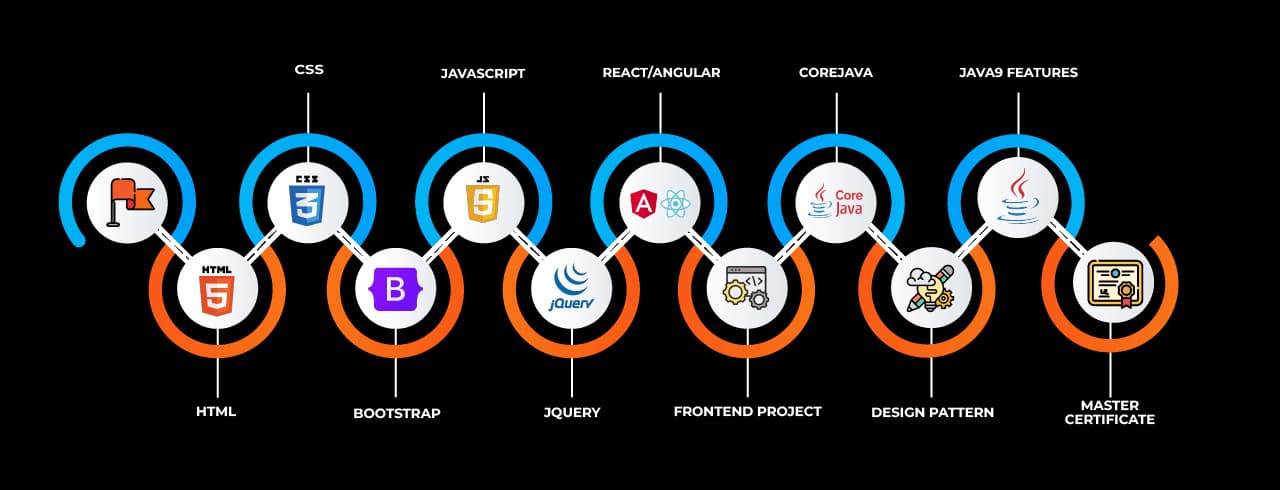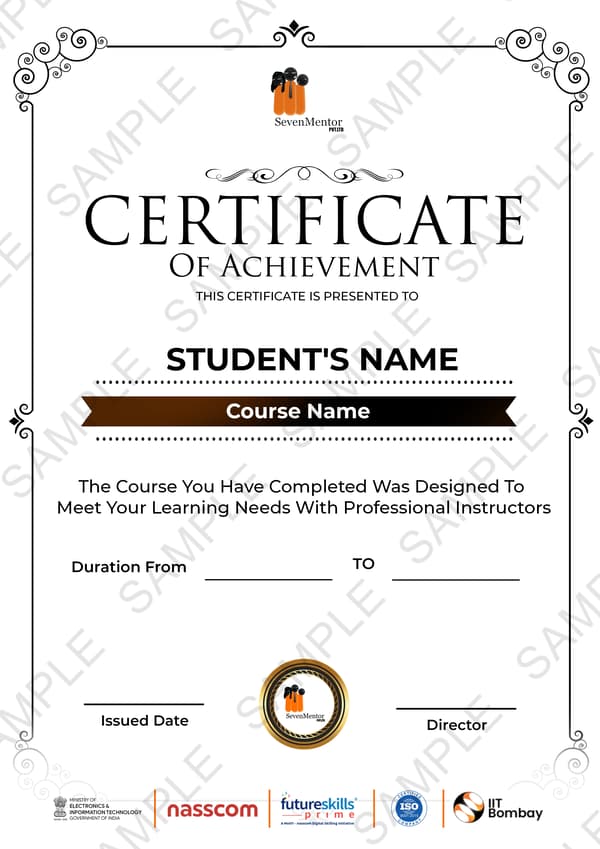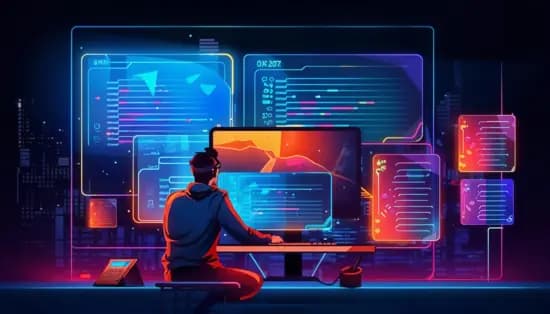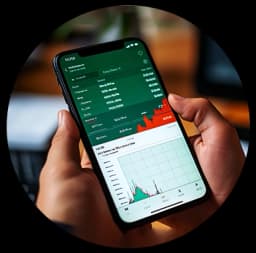Full Stack Java Course
 A Java full-stack developer uses the Java programming language that interacts with the front-end and the back-end functions.
A Java full-stack developer uses the Java programming language that interacts with the front-end and the back-end functions. Java Full Stack Development encompasses both the front-end (client-side) and back-end (server-side) components of a web application.
Java Full Stack Development encompasses both the front-end (client-side) and back-end (server-side) components of a web application.  Its done utilising the Java programming language and front-end technologies such as HTML, CSS, JavaScript, and frameworks.
Its done utilising the Java programming language and front-end technologies such as HTML, CSS, JavaScript, and frameworks.Start Today!
CONSULT WITH
OUR ADVISORS
- Course & Curriculum Details
- Flexible Learning Options
- Affordable Learning
- Enrollment Process
- Career Guidance
- Internship Opportunities
- General Communication
- Certification Benefits
Learning Curve for Full Stack Java

Master In Full Stack Java Course
OneCourseMultipleRoles
Empower your career with in-demand data skills and open doors to top-tier opportunities.
Skills & Tools You'll Learn -
Why Choose SevenMentor Full Stack Java
Empowering Careers with Industry-Ready Skills.
Specialized Pocket Friendly Programs as per your requirements
Live Projects With Hands-on Experience
Corporate Soft-skills & Personality Building Sessions
Digital Online, Classroom, Hybrid Batches
Interview Calls Assistance & Mock Sessions
1:1 Mentorship when required
Industry Experienced Trainers
Class Recordings for Missed Classes
1 Year FREE Repeat Option
Bonus Resources
Specialized Pocket Friendly Programs as per your requirements
Live Projects With Hands-on Experience
Corporate Soft-skills & Personality Building Sessions
Digital Online, Classroom, Hybrid Batches
Interview Calls Assistance & Mock Sessions
1:1 Mentorship when required
Industry Experienced Trainers
Class Recordings for Missed Classes
1 Year FREE Repeat Option
Bonus Resources
Fastest 1:1 doubt support
Flexible EMI Plans
Adaptive LMS
Free Wifi Facilities
Flexible Scheduling
Ongoing Career Support
Placement Drives
GitHub Project Implementations
Real World Topics
5/5 rating for 99% doubt Solutions
Be Different With Master Certificate
Latest Market Technology & Practical Training
Resume Building Session & Job Portals Training
Enhanced Capstone Projects for learning
Stand Out with an impressive Certificate
Weekday and Weekend Batches
Workshops & Seminars with Industry Experts
Unlimited Interview Calls
AWS Cloud Project Deployments
Live Quizzes
Resolve doubts any time through chat, voice notes, calling or meeting with instructors.
Curriculum For Full Stack Java
BATCH SCHEDULE
Full Stack Java Course
Find Your Perfect Training Session
Feb 15 - Feb 21
3 sessionsFeb 22 - Feb 28
1 sessionsLearning Comes Alive Through Hands-On PROJECTS!
Comprehensive Training Programs Designed to Elevate Your Career
No active project selected.
Transform Your Future with Elite Certification
Add Our Training Certificate In Your LinkedIn Profile
Our industry-relevant certification equips you with essential skills required to succeed in a highly dynamic job market.
Join us and be part of over 50,000 successful certified graduates.

KEY Features that Makes Us Better and Best FIT For You
Expert Trainers
Industry professionals with extensive experience to guide your learning journey.
Comprehensive Curriculum
In-depth courses designed to meet current industry standards and trends.
Hands-on Training
Real-world projects and practical sessions to enhance learning outcomes.
Flexible Schedules
Options for weekday, weekend, and online batches to suit your convenience.
Industry-Recognized Certifications
Globally accepted credentials to boost your career prospects.
State-of-the-Art Infrastructure
Modern facilities and tools for an engaging learning experience.
100% Placement Assistance
Dedicated support to help you secure your dream job.
Affordable Fees
Quality training at competitive prices with flexible payment options.
Lifetime Access to Learning Materials
Revisit course content anytime for continuous learning.
Personalized Attention
Small batch sizes for individualized mentoring and guidance.
Diverse Course Offerings
A wide range of programs in IT, business, design, and more.
Course Content
Frequently Asked Questions
Everything you need to know about our revolutionary job platform
Are Java Full Stack Developers in high demand?
Which company is ideal for a Java full stack developer?
What are the prerequisites for the Fullstack Java course?
Is full-stack Java a viable career option?
What is a Java full stack developer's technology stack?
What exactly is the backend of a Java complete stack? What exactly is Full Stack Development?
What capabilities does a Java full stack expert have?
What exactly is Java full stack skills?
What are the advantages of running Java full stack?
What is the point of complete stack?
Is it easy to learn the Java complete stack?
Is full-stack Java a viable career option?
What use does the Java complete stack serve?
Which business is better for full-stack development?
Is Java appropriate for the complete stack?
Explore Other Demanding Courses
No demanding courses available at the moment.
Debug: courses prop type: object, isArray: yes, length: 0




